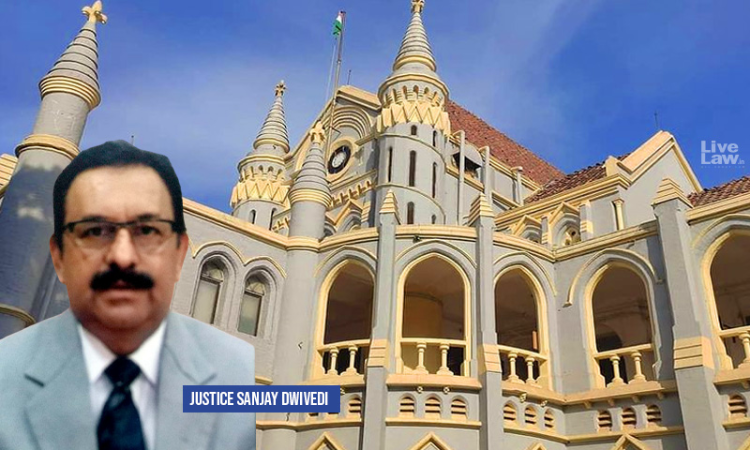Non-Speaking Dismissal Orders And Procedural Lapses In Disciplinary Proceedings Violate Natural Justice: MP HC
Pranav Kumar
1 Nov 2024 2:30 PM IST

Next Story
1 Nov 2024 2:30 PM IST
Madhya Pradesh High Court: A Single Judge Bench of Justice Sanjay Dwivedi invalidated the dismissal of a Bhopal Development Authority (BDA) employee, finding significant violations of natural justice principles. The court held that the disciplinary proceedings against Vijay Singh Yadav were fundamentally flawed due to the absence of witness testimony, failure to provide essential...
